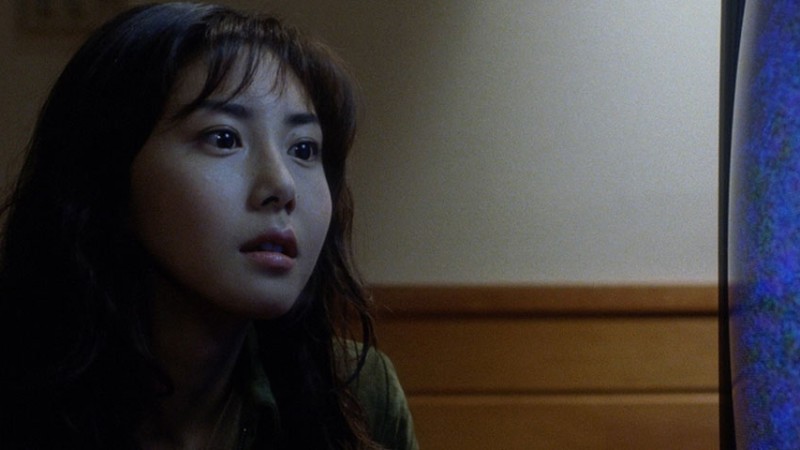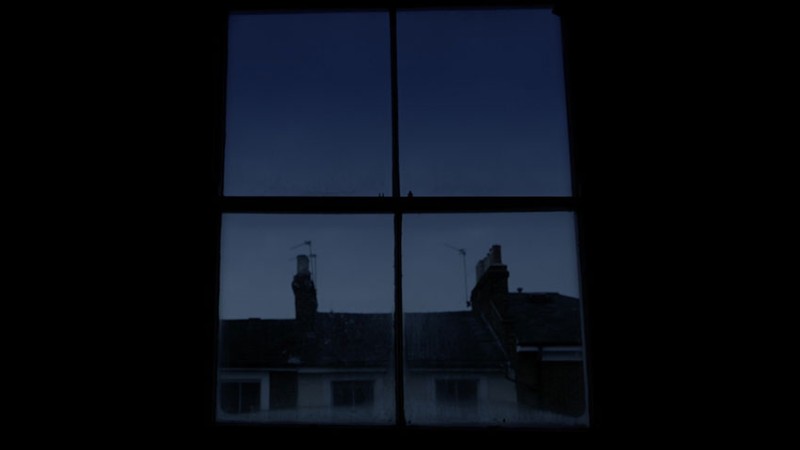FEAR ITSELF
"Fear is such a powerful cinematic tool: in the moment it occurs, there's nothing rational about it." – Filmmaker Charlie Lyne
Do horror movies know us better than we know ourselves? Filmmaker and critic Charlie Lyne ruminates on this question in this "collage feature" – a film form he perfected in Beyond Clueless, his debut about the mores of teen movies – constructed entirely from the visuals of horror films.
In taking us on a journey through cinematic fear, Lyne not only scrutinises sensation but also effectively conjures it. He uses the ‘character' of the narrator (Amy E Watson) to function as a guiding hand leading us through a feature-length roll call of frightening moments that goes beyond the usual suspects: from Frankenstein (1931), Night of the Demon (1957) and The Tenderness of Wolves (1973) to Suspiria (1977), Raat (1992) and It Follows (MIFF 2014) to name just a handful. Our narrator even has her own story that gets fleshed out aurally amid the visceral visual onslaught.
Unassumingly impressive, Fear Itself has the primordial power to make us succumb to fear even when we are attempting to analyse the horror genre in a scholarly context.
"Lines up fragments like so many specimens in formaldehyde, the better for the viewer to linger over their disquieting contents." – Sight & Sound
Screens with Bring Me the Head of Tim Horton.

